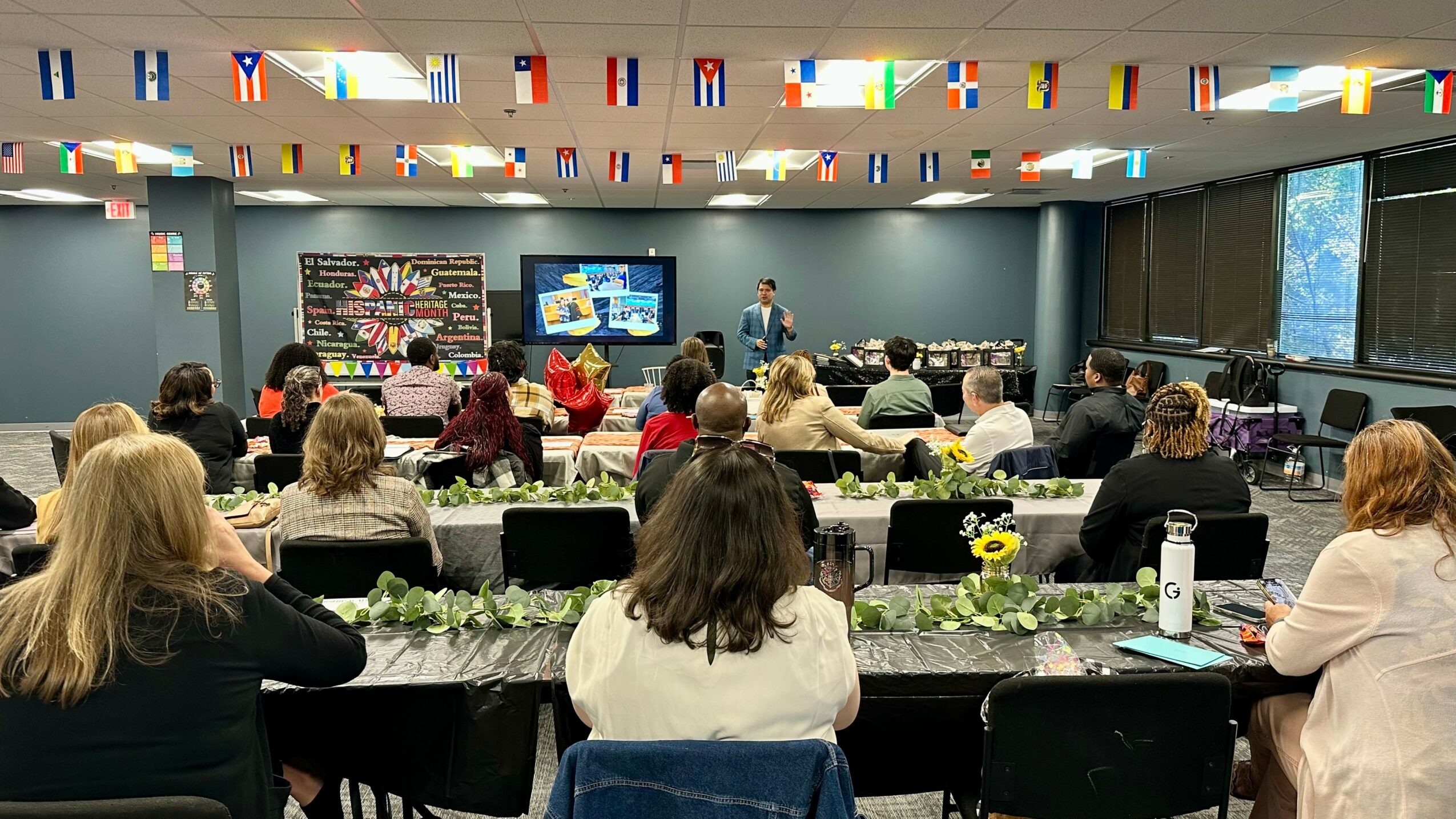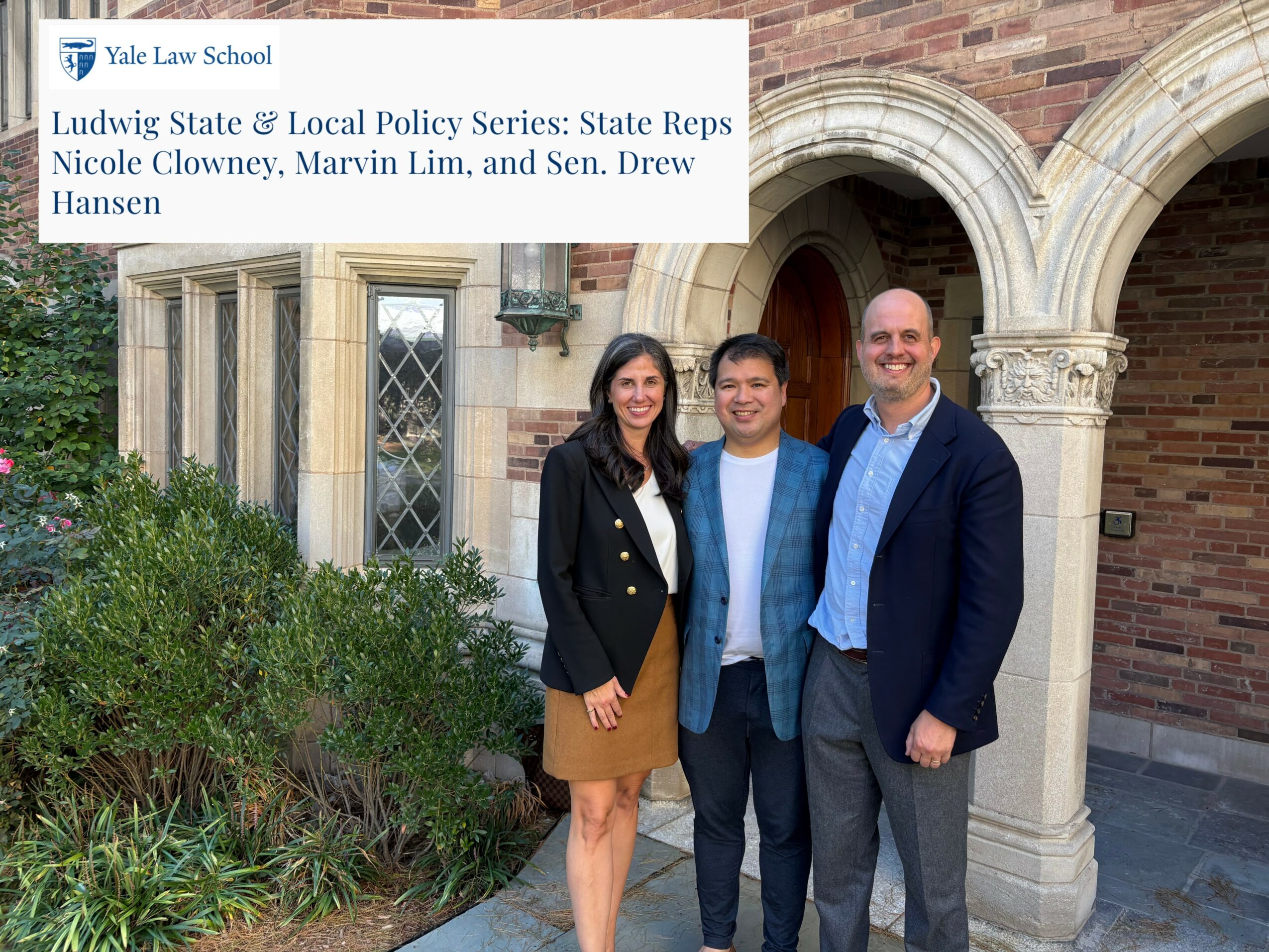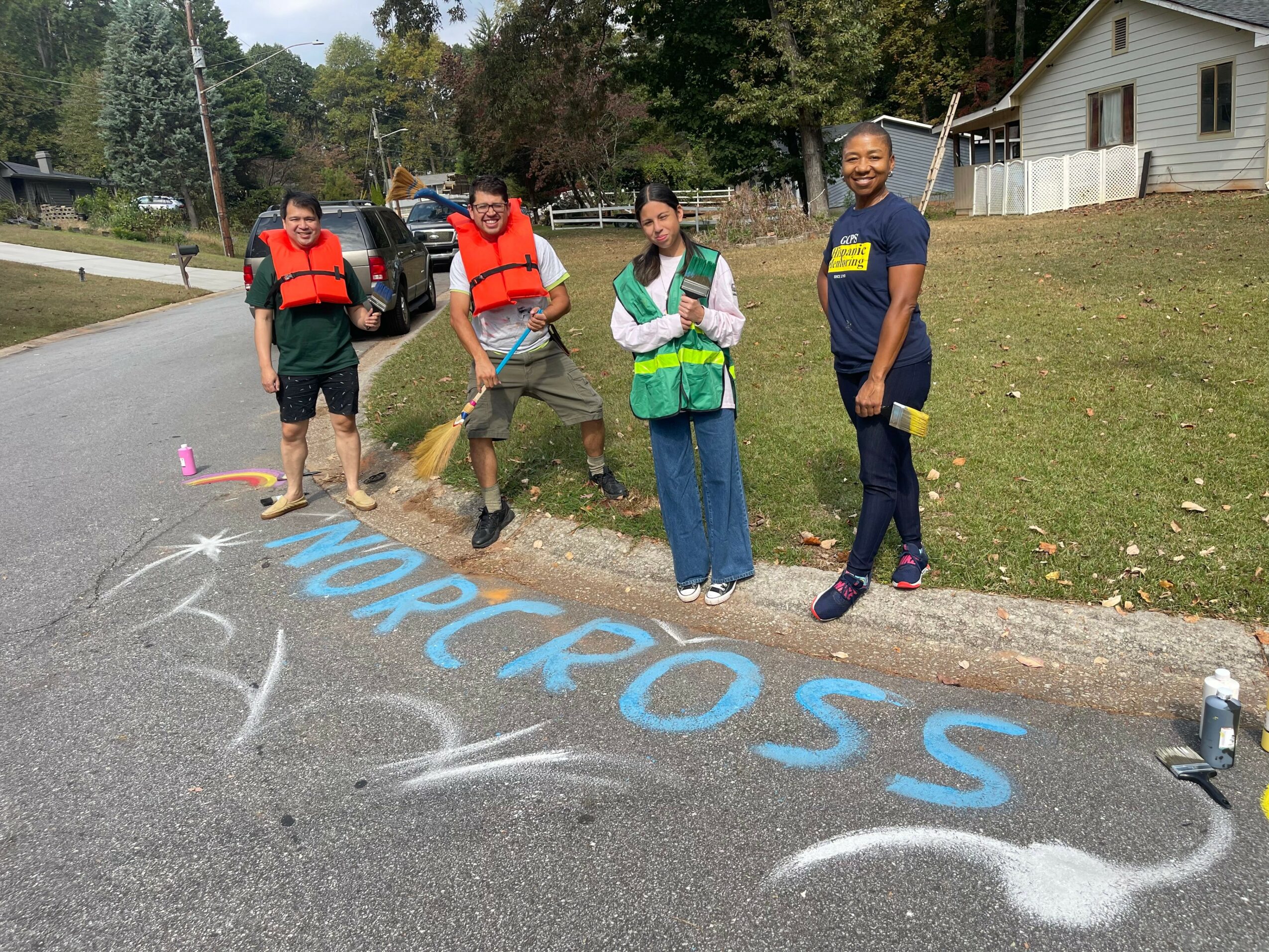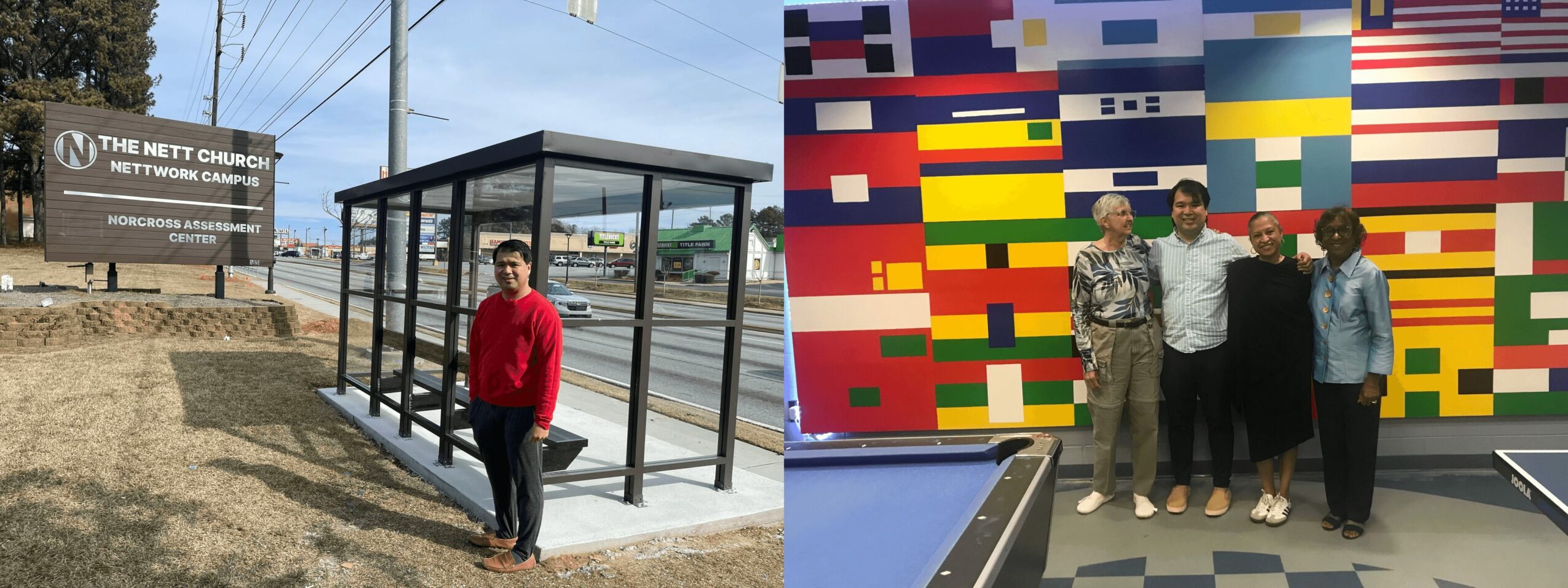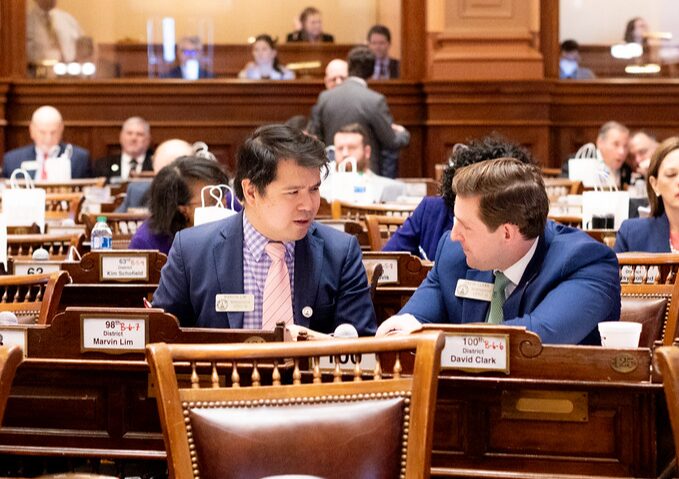

Representative Marvin Lim shared their story and experiences with us recently and you can find our conversation below.
Marvin, a huge thanks to you for investing the time to share your wisdom with those who are seeking it. We think it’s so important for us to share stories with our neighbors, friends and community because knowledge multiples when we share with each other. Let’s jump in: Have any recent moments made you laugh or feel proud?
I worked for four years to bring a construction workforce program back to my county, and for the first time in my specific community, where construction is top-employing industry, yet where laborers don’t necessarily see the fruits of their own labor or even have sufficient training. Last month, the first cohort graduated: 18 people who finished, got eight certifications each, and got placed into jobs in construction – an industry that is indispensable for building more affordable housing we desperately need, for economic development in general, and for our infrastructure.
Can you briefly introduce yourself and share what makes you or your brand unique?
I’m Marvin Lim, a State Representative for unincorporated Norcross in Gwinnett County, an attorney, and CEO and Founder of the nonprofit Lucky Shoals Community Association.
My primary goal is to serve my community: listen and tell their stories instead of just my own, help them problem solve, amplify their strengths to help address their own needs, and ultimately earn their trust for them to engage. Too many politicians just ask people to believe them, even though they’ve been given no reason to trust in the process. Those politicians show up, talk, do little, leave.
I prize listening above talking; showing above telling; staying instead of just looking for the next step or higher office. Among my work, I’ve started community health, workforce certification, and housing and utility assistance programs for my community.
Thanks for sharing that. Would love to go back in time and hear about how your past might have impacted who you are today. Who taught you the most about work?
My father. He told me, explicitly, to find ways to make myself valuable, even indispensable to others with whom I was working. At the same time, he also taught me that I had to take care of – and stand up for – myself. A great example: like many people in the workplace, I learned in my first job that knowing how to navigate and fix a not-working printer – which I did (at least at the time!) – makes you a commodity. But being a commodity means others may try to take advantage of you – like always turning to you, instead of learning to fix often-simple printer problems themselves. In that job, I would try to teach people how to make those fixes themselves, and learned to strike the balance my dad was talking about: adding value, but without others extracting value from you at a cost to yourself. That balance remains important to this day.
If you could say one kind thing to your younger self, what would it be?
No matter what other people think of you, and whatever mistakes you might make, you are enough. That sounds like a platitude – and it is! But most people, even people who had others affirming them growing up, will inevitably also encounter many people who will make them feel less than. That chips away at people, even the strongest among us. So there’s no replacement for internalizing this belief about self-worth – and the best way to do it is early and often.
I think our readers would appreciate hearing more about your values and what you think matters in life and career, etc. So our next question is along those lines. What are the biggest lies your industry tells itself?
As someone in politics, I can say one of the biggest lies the industry tells itself is that people aren’t paying attention and, that, as a result, we have to dumb things down for them. Of course, it’s true that in today’s society there’s information – and misinformation – overload. And we should aim to communicate clearly. But whenever I hear things like “You have to get your point across in 10 words or less, because otherwise you’ll lose people’s attention,” I think: did we first try to ask – instead of assume – what any one person or group is paying attention to? Is there a way we can communicate, even with mass audiences, not just to get across our points in a way that will catch their attention, but also to convey that *we* are paying attention to what people actually want or need? Personally, I think our failure to do that is why people aren’t paying attention. Because why should they buy anything we’re selling, when it’s clear we just want to make a sale?
Okay, so before we go, let’s tackle one more area. What do you think people will most misunderstand about your legacy?
That the most notable thing about me is that I am smart. Instead, I would like people to think, above all, that I am kind.
Contact Info:
- Website: https://marvinlimforga.com
- Instagram: https://instagram.com/marvinlimforga
- Twitter: https://x.com/marvinlimforga
- Facebook: https://facebook.com/marvinlimforga
